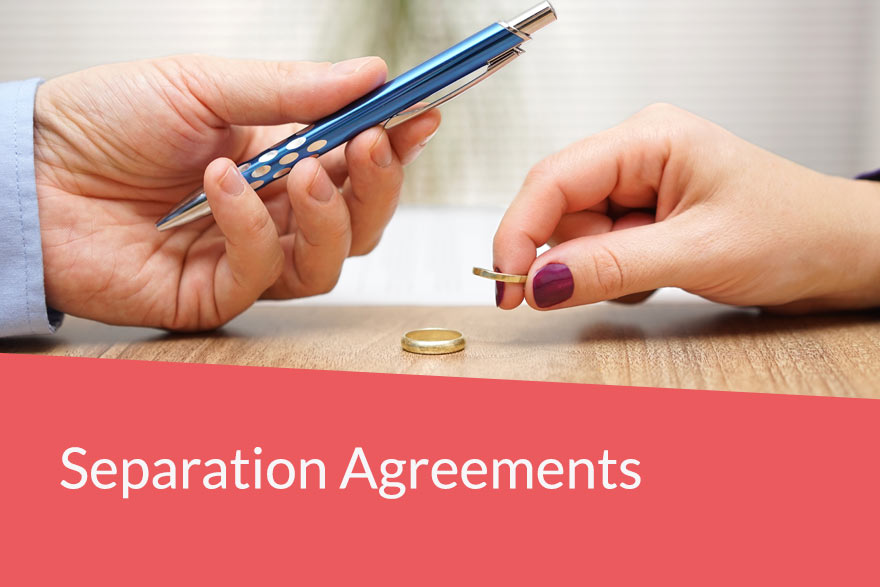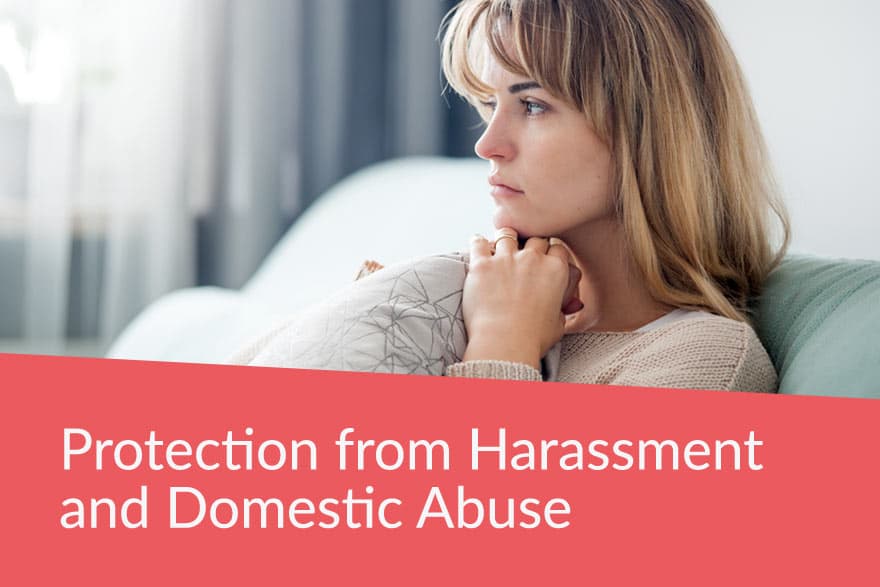Expert legal help when cohabitation ends
Living together is increasingly common and if the relationship comes to an end it is important that you understand the financial implications. The Family Law (Scotland) Act 2006 only provides limited claims to co-habitants in situations where the relationship has ended by separation (or death).
If your relationship comes to an end you need to contact us quickly; you must raise any claim in terms of the cohabitant’s rights by the deadline of within one year of the date of separation of the parties.
Separation Agreements for cohabitants differ in many areas to those where the parties are married or in a civil partnership and it is important to be understand exactly what you are entitled to. Examples include:
- There can be no claim for maintenance made by one partner from the other
- No claim for legal transfer of property can be made against a living partner
If a cohabitation relationship ends because a partner dies, claims by the surviving partner are equally limited – clients are often shocked to learn for example that cohabitants can only make a claim on a dead partner’s assets if there is no Will.
The law on cohabitation has taken a number of years to develop and it is still a hugely complex area. If the relationship ends, taking advice, and doing it quickly, are essential.
How much will it cost?
We always provide Bespoke Separation Agreements, tailored to individual circumstances because, in our experience, off the shelf Agreements with fixed price packages rarely result in good value for money. We offer your first meeting with one of our experienced family law solicitors at a fixed-fee of £320+VAT, which then allows us to give you an accurate idea of costs for further advice or legal work as required.
As a first step we offer a free 10 minute telephone call with one of our solicitors so please call 0131 622 8477 to discuss how we can help.
Frequently asked questions to consider…

Wise words from Beverley
“Post cohabitation rights are complex, claims are time sensitive and limited so it’s important that you receive solid legal advice before it’s too late”
We can help you right now
Our commitment to provide you with the best possible advice includes a free initial phone call with one of our experts. This allows us to fully prepare for your first meeting which we always offer at a fixed fee rate.
We understand that seeking Family Law advice can be daunting. However, when you get in touch with us, you will find a tailored, highly personal and reassuring approach which will empower you to take back control.
Recent Case Studies, Articles and Information
Are Cohabitation Agreements Legally Binding?
Cohabitation agreements act as an insurance policy for unmarried couples living together or those who aren’t in a civil partnership, helping to clarify rights, responsibilities, and financial arrangements. A question [...]
What Should a Cohabitation Agreement Look Like?
Key points to takeaway: A cohabitation agreement should be clear and unambiguous. It is essential to obtain legal advice before preparing an agreement. The best time to make a cohabitation [...]
New Appeal Court decision passed regarding financial claims for couples who lived together. Don’t hang around to take advice
If you have separated from your partner that you co-habited with then there is a key, recently reported Sheriff Appeal Court decision that you should be aware of. Currently the Family Law Act 2006 [...]
Guest Blog on Cohabiting vs Married Couples and Capital Gains Tax
Johnson Legal Family Law is perfectly placed to advise you on the legal rights of cohabitation – and the fact that you may not be as protected as you would [...]
Same sex marriage and civil partnerships
21st century Scotland has proudly recognised and promoted the importance of equality for all couples no matter their sexual orientation. After a series of radical changes to the law, Scotland [...]
Is the law for cohabitees changing?
In 2006 there was a radical change in Scottish law. For the first time ever, couples who lived together but weren’t married were given some legal protection. At the time [...]
When is unreasonable behaviour sufficiently unreasonable?
The recent Supreme Court appeal case of Owens v Owens has resulted in considerable public and media attention. Mrs Owens sought decree of divorce from her husband. It was Mrs Owen’s positon [...]

















